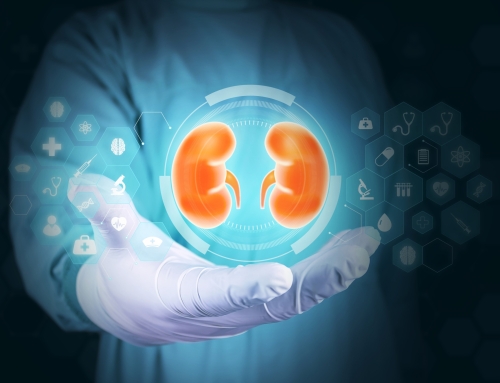
Velma Scantlebury, MD, DPC Education Center Health Care Consultant
1. I have been on dialysis for three months. After treatment in the dialysis facility, I am tired and feel bloated. When will I begin to feel better?
Dialysis removes excess fluid and waste products. This happens by shifting fluid from one compartment so that the dialysis process can remove the extra fluid. This «dialysis fatigue» is experienced by about 50% of patients. Anemia, electrolyte imbalance, and stress can also be contributors to the condition.
Many recommend getting plenty of rest, eating more protein, eating a balanced diet, and exercising, which can help improve one’s mood over time.
2. Why should I get a fistula or a graft? Am I not receiving adequate treatment with the catheter?
Dialysis catheters, while convenient, are generally placed for acute dialysis or long-term dialysis in patients with failed AV fistulas or grafts. The risk of complications increases with dialysis catheters compared to AV fistulas and grafts. These infections can often be life-threatening. Other complications include clotting (thrombosis) or long-term narrowing of that blood vessel, resulting in long-term obstruction or drainage of blood back to the heart from that blood vessel.
3. I have been transplanted for one year. Is it okay to switch to generic drugs instead of brand names?
Once you are stable on your transplant medications, your team can help with the decision to switch to generic drugs instead of brand names. You may need to get frequent blood work to monitor your blood levels when switching to a new generic drug. Many insurances will dictate the need to switch to generic medications. If your transplant pharmacist feels that it is imperative to stay on brand name, they will let you know.
4. I love going outside and being in the sun. Why is skin cancer common in transplant patients?
Kidney transplant patients have a higher risk of cancer compared to the general population due to the changes that occur from the anti-rejection medications. Since these medications lower your body’s ability to fight off infections and cancers, transplant patients are more at risk. The most common type of cancers are skin cancers. For this reason, it is important to wear high level skin block, and be seen annually post-transplant by a skin doctor.




